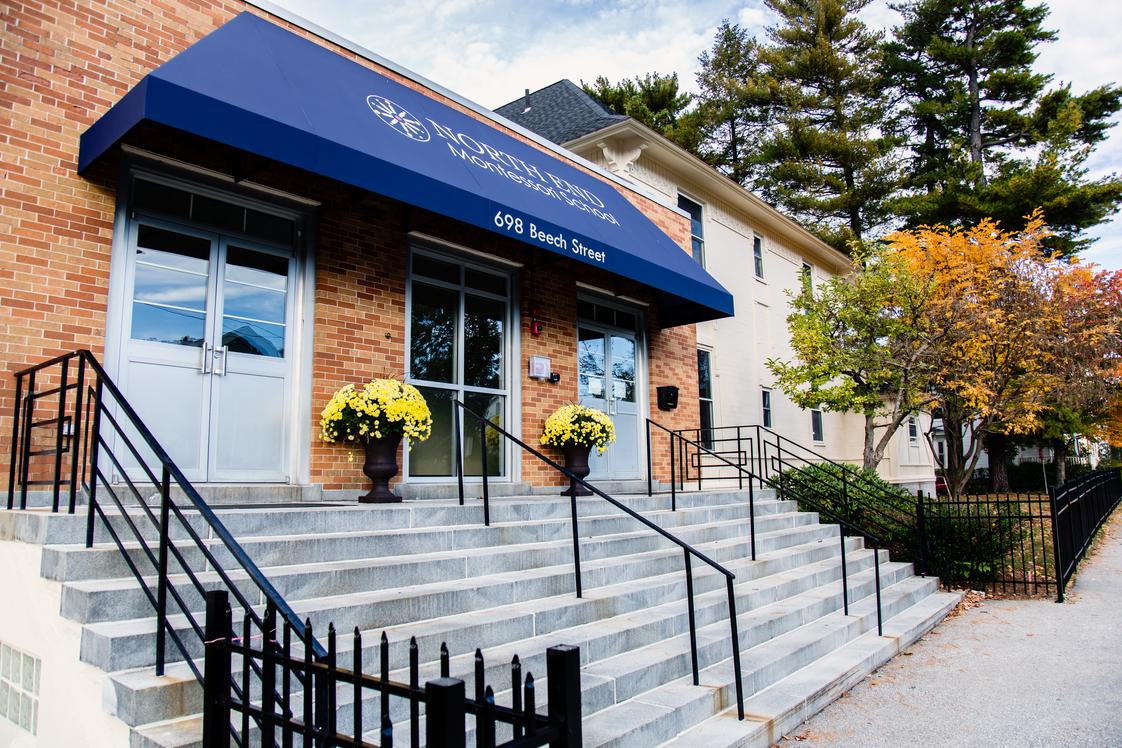The Montessori method of early childhood education is known for its child-centered approach which encourages independence, creativity and a passion for learning. This complete guide explores the benefits of Montessori daycare, Montessori Kindergarten, Montessori Preschool as well as Montessori Elementary School can bring to children’s development.
Montessori Daycare instilling Self-Independence from the beginning
Montessori daycare programs are designed to build independence and confidence among children with the youngest learning needs. They provide a safe and stimulating environment in which children as small as toddlers or infants can explore and learn at their own pace. In a Montessori daycare, the classroom is equipped with age-appropriate, hands-on materials that stimulate sensory exploration and motor skill development.

Teachers in Montessori daycares guide the children, not acting as traditional instructors. This helps children develop critical thinking skills and creates an understanding of their own independence. In Montessori daycares, children are encouraged to make a mess with water, spoon beans, and put on button-clad clothes. These activities assist in developing the fine motor skills as well as practical skills.
Montessori Kindergarten: Foundations for Lifelong Learning
The primary focus of the Montessori kindergarten curriculum changes to a lesser extent as children shift to it. It includes more formal academic education, while encouraging autonomy and self-directed activity. The Montessori Kindergarten curriculum is rich in variety that includes math, language as well as cultural studies and life skills.
One of the main components of Montessori kindergarten is the mixed-age class, where children of different age groups can are taught together. The older children can teach concepts to younger ones while they enhance their own understanding. This helps students learn social skills, and helps create a sense of community within the classroom.
In Montessori kindergarten teaching is experiential and frequently involves real-world application. Math, for instance is taught using manipulatives such as beads and rods, which help children grasp abstract concepts by physical interaction. Language development can be encouraged by engaging in storytelling, phonetic activities, and writing.
Montessori Preschool: Fostering curiosity and exploration
Montessori preschools build upon the foundations laid out in kindergarten and daycare. They focus on exploration, curiosity, and a desire to learn. The classroom is designed to be fun and educational. It is equipped with a variety of materials and activities that are geared towards the developmental stages of 3 to 6-year-olds.
Pre-schoolers at Montessori can pick the activities they wish to take part in and are able to work at their pace. The autonomy allows children to grow into a sense that they are responsible and to develop intrinsic motivation. The preschool program includes language, math and cultural studies, as well as with practical life activities.
Montessori education is based on life-skills that are practical such as gardening, cleaning and cooking. These exercises are designed to help children learn life skills as they enhance their coordination, concentration, independence, and other important capabilities. Sensorial exercises are designed to increase cognitive development and refine the five senses.
Montessori Elementary School: Preparing students for Academic Success and Beyond
Montessori elementary schools continue the idea of focusing on the child while focusing more on academics. They still nurture the whole child. The curriculum is interconnected and integrated and allows children to recognize the connections between various disciplines of study.
Elementary students in the Montessori school participate in in-depth studies, collaborative learning, and hands-on activities. The learning environment fosters curiosity and critical thinking, and materials are designed to cater to different interests and capabilities.
One of the most distinctive features of Montessori elementary education is the focus on “cosmic education,” that helps kids recognize their place in the world and the interconnectedness among all things. This model fosters a sense of responsibility towards the environment and other people and prepares students to become conscious, informed citizens of the world. Visit Montessori Elementary School
The Montessori approach to early education is distinctive in the way it helps children develop right from daycare through elementary school. Through fostering independence along with curiosity and passion for learning, Montessori education teaches children with the knowledge and attitude they need to be successful. the rest of their lives.